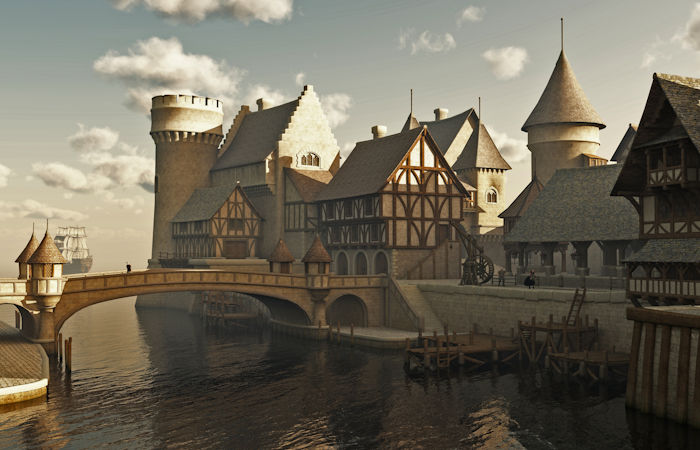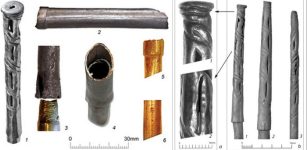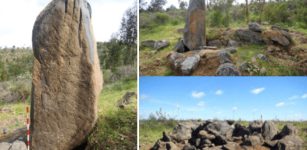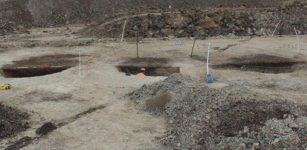Has Yorkshire’s Lost Underwater Town Ravenser Odd Finally Been Found?
Conny Waters - AncientPages.com - Founded around 1235 the town of Ravenser Odd had about 100 houses, a large market, prison, court, many shops, a sea wall, and a harbor before it was submerged by a storm known as Grote Mandrenke in 1362.
Scientists know the Medieval port town in the East Riding of Yorkshire on the sandbanks of the Spurn heritage coast in the UK did exist, but no one has been able to find the place nicknamed Yorkshire’s Atlantis. This may have changed now as Daniel Parsons, a Professor in sedimentology at the University of Hull says he thinks he has located the underwater ruins of the lost town’s market.
Credit: Adobe Stock - Algol
When Professor Parsons heard about the lost Medieval town, he contacted historian Phil Mathison to learn more.
“He was telling me that at low tide local lobster vessels have seen disturbances on the surface suggesting there are actual remnants of the town on the seabed,” Professor Parsons told the Guardian.
Soon he raised money for a research project and being a geoscientist Professor Parsons used high-resolution sonar systems to better understand how sediments move around.
The first survey did not bring the results Professor Parsons had hoped for, but a second survey will take place in two to three weeks’ time, and the scientist has high hopes for discovering it.
“We think we were a little bit too far to the east. “Given the stories we’ve had from the folks on the lobster vessels, I’m pretty confident we will find something,” Professor Parsons said.
He also thinks that finding the lost underwater town of Ravenser Odd, with its name stemming from the Old Norse hrafn’s eyr (raven’s tongue) can teach scientists more about climate change, and how ancient people lived on the coast 650 years ago.
Echosounder equipment uses echolocation technology to scan the sea floor. Credit: Steve Simmons/University of Hull
He believes that discovering its remains, and shining a light on its story, could help us better understand the coastal erosion threat faced by communities today.
“Ravenser Odd is an incredibly evocative story of the impacts of coastal change on entire settlements.
I think it is a fantastic way to start conversations with people on the impacts of climate change long into the future by using these stories from the past,’ he said.
Needless, to say the discovery of Yorkshire's Atlantis is of significance to anyone interesting in the history of England.
Once it is located, it is hoped that money can be raised for archaeological exploration, and who knows what may then be found, Parsons added.
Written by Conny Waters - AncientPages.com Staff Writer






















